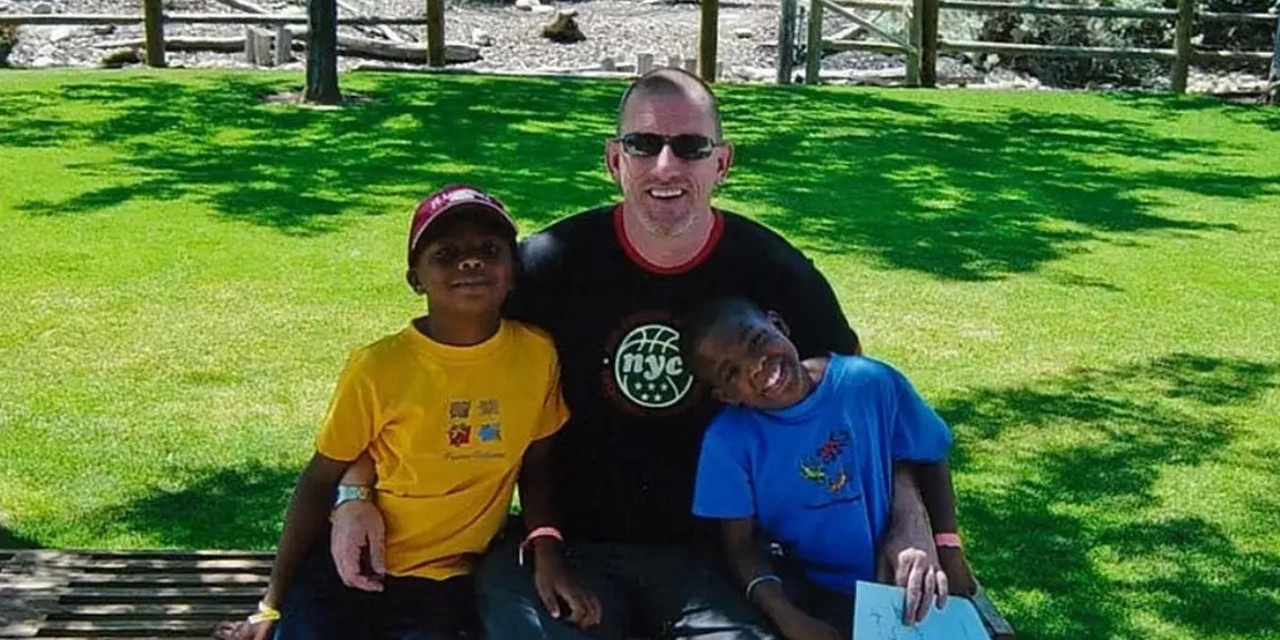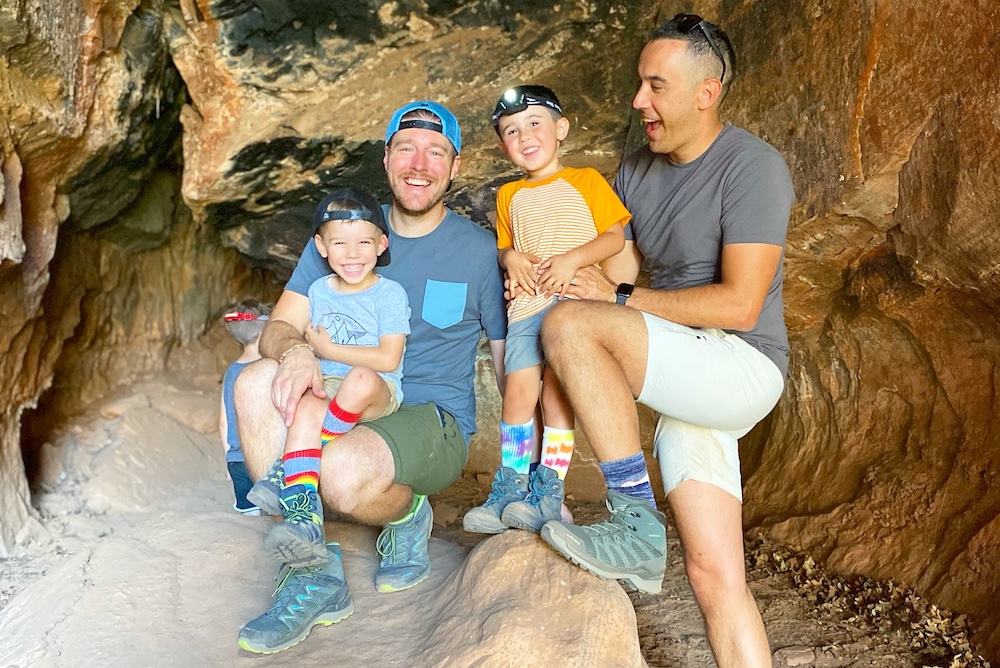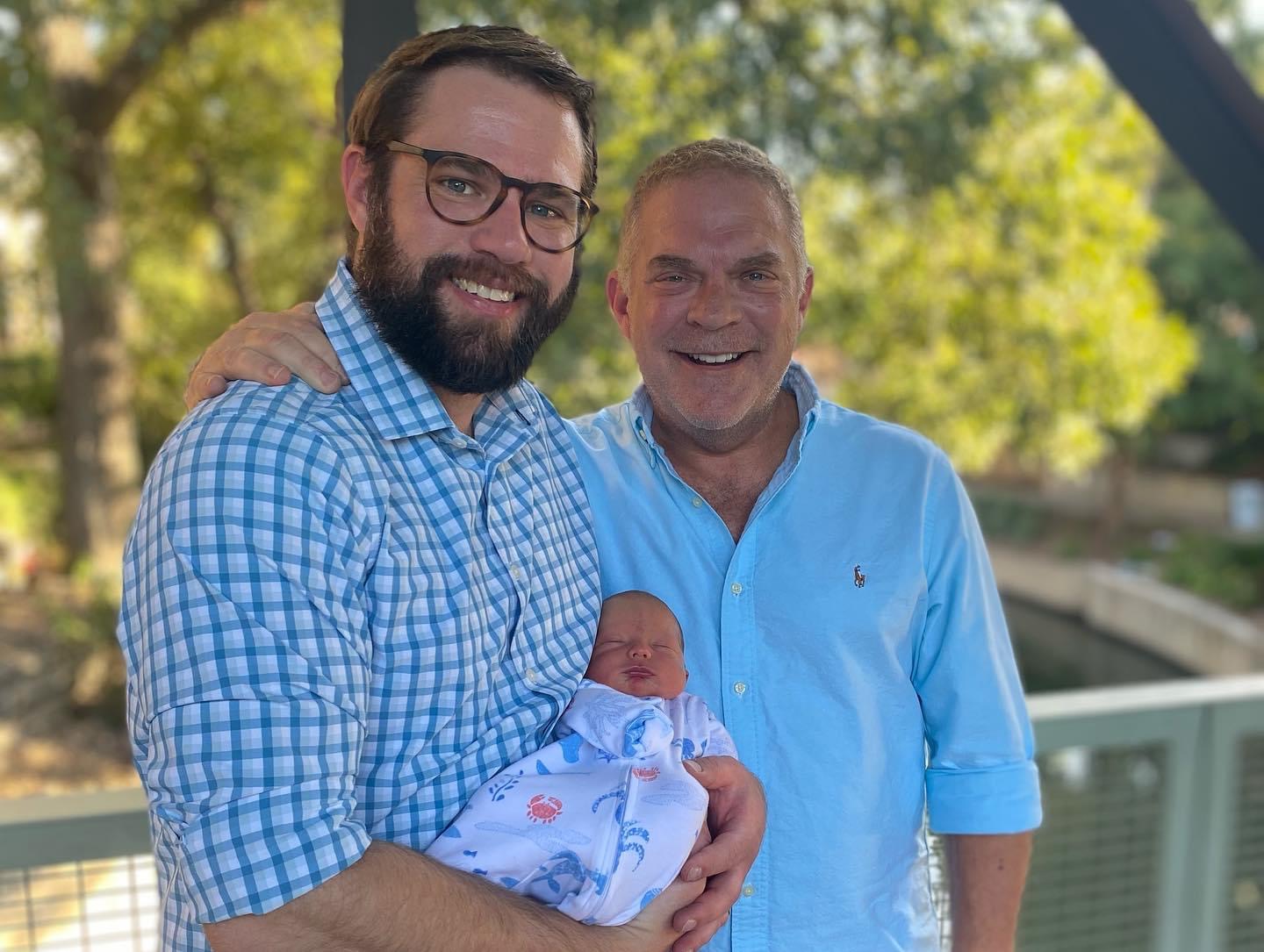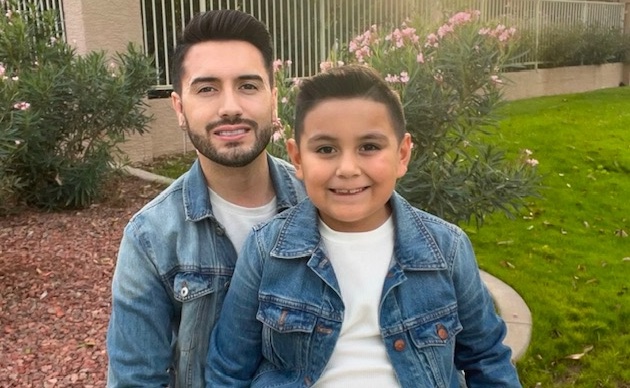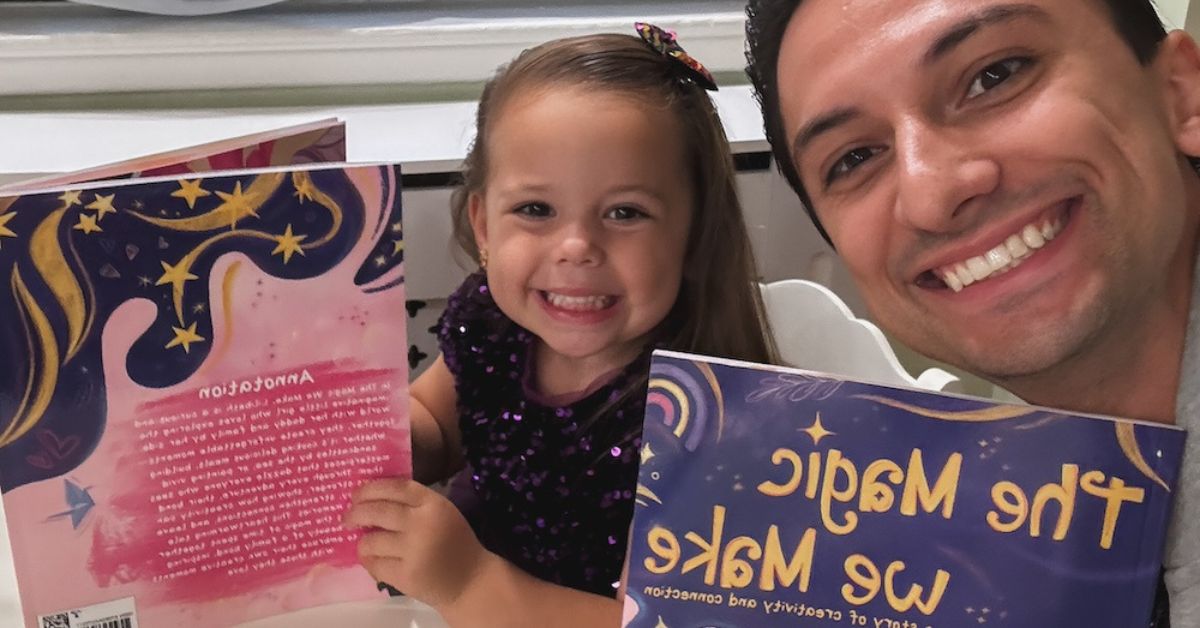Editor’s Note: In light of George Floyd’s death, this month, author Joseph Sadusky — who has been sharing excerpts from his book Magic Lessons: Celebratory and Cautionary Tales about Life as a (Single, Gay, Transracially Adoptive) Dad each month —will share two posts that deal directly with issues around raising black sons. This is the first, titled “Trayvon Martin,” which looks at general questions that come up for a white dad raising black boys. Read previous installments here.
It may be presumptuous for a Caucasian gay man to claim to feel terrified and heartsick at the shooting of Trayvon Martin. But upon hearing the news that day in 2012, this is exactly how I felt.
The horrible truth is that there are many incidents of racial violence toward black males that I could use as starting points for this topic. But the specific case of Trayvon Martin—whose only crime was being a young black male wearing a hoodie, walking in a neighborhood where he had a home—has a particular resonance for me. Whatever the legalities of George Zimmerman using a gun to “stand his ground” if he felt his life was threatened, the simple truth is that he chose—against the direction of law enforcement, whom he contacted for support—to follow an African American male who had every right to be walking those neighborhood streets, however “thug” he might appear.
There’s nothing fair about what happened in Trayvon Martin’s shooting, just as many would argue that there’s nothing fair about growing up black in America.
At the same time, writing about a race-related topic like this makes me nervous. I have black sons, live in a black neighborhood, and count a number of black people among my closest friends. While all of this is true, I never want to come across as if I know anything— even a little—about the black experience. I don’t. But these incidents touch me deeply, and I feel an emotional imperative to try to frame and process them for and with my sons.
When Daveon was in the fourth grade, he used to complain that his teacher—who was not black—used to discipline him for talking. He protested that “everyone else was talking just as much” as he was, and she didn’t say anything to them.
We talked about what might be going on:
- Daveon actually was talking more than the other students, even though he thought he wasn’t.
- He was talking the same as the other students, but maybe his voice was louder than theirs, so the teacher heard him and not the others.
- The teacher was—consciously or unconsciously—targeting him because he is black.
From there, we discussed how he might respond:
- Talk to the teacher. Explain that he felt he was being singled out unfairly, and see if they could work something out.
- Keep doing what he was doing, and accept the consequences.
- Try to be quieter than the other students in order to appear “equal.”
This specific conversation became a template for many others I’ve had with both Daveon and Mark about being young black men in America. In some people’s eyes, you’re not going to be seen as the same. You will be assumed to be a potential troublemaker, a threat. There is nothing fair, or right, or just about this—it just is.
So, if you feel like you are being treated unfairly, you can:
- Try to speak to the person in question to address the situation.
- Keep doing what you’re doing, based on the principle of “I’m not doing anything wrong, so there’s nothing I need to change,” and let the chips fall where they might.
- Try to act “better” than the people around you to be seen as equal.
If this sounds like putting a lot of work on the shoulders of those who are the recipients, rather than the causes, of the problem, I would say, “Yes, it is.” And then I would repeat: “There is nothing fair, or right, or just about this—it just is.”
None of these approaches is the right answer, but I wanted to arm my kids with all of them anyway—along with all of the standard tips about avoiding certain neighborhoods at certain times, not associating with people whose association can lead you into trouble, making smart choices if you are pursued by a stranger or stopped by the police, and so on. I wanted them to understand that they had some choice, some say, in how they responded to unjust profiling.
In a city where a black male is gunned down roughly once per week on average, I feel unbelievably grateful that my kids made it through to an age where they could move on to less statistically risky (if not any less discriminatory) places. It’s my hope that these strategies can in some way help to keep them safe. And I strongly encourage parents of nonwhite kids to take the time to talk through these realities with them. I think white parents especially—having no direct experience of systemic racism—can take an ostrich-head-in-sand approach that convinces itself that detaching from the problem will somehow make it go away. While well-intentioned, this kind of thinking can leave kids unprepared—which might only increase the possibility of them becoming the next victim in a racial horror story.

